The Path to Quitting: Understanding Smoking Cessation Success in Costa Rica
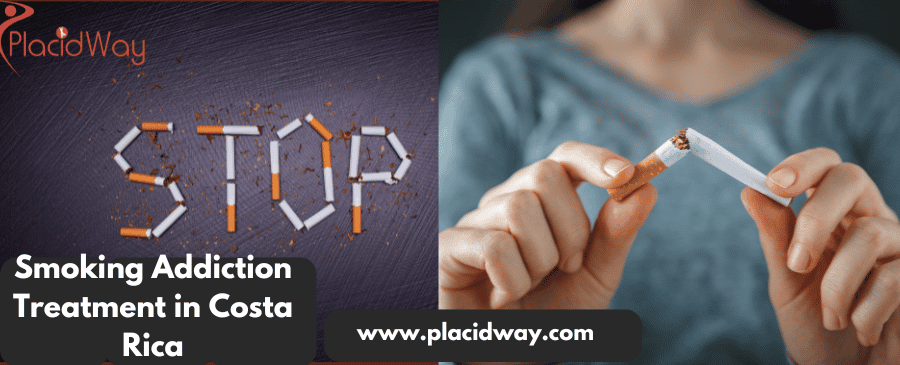
Quitting smoking is a significant and often challenging journey, and understanding the success rates of various treatments can provide valuable insight and motivation. In Costa Rica, there are a variety of approaches to smoking cessation, ranging from pharmacological interventions to behavioral therapies and holistic programs. The effectiveness of these treatments can differ based on factors such as the intensity of the program, the combination of therapies used, individual commitment, and the support systems in place. For instance, studies on national smoking cessation clinics have shown varying long-term quit rates, highlighting the importance of comprehensive and sustained support.
Many clinics and programs in Costa Rica, including those offered by the public health system, aim to provide a multi-faceted approach to help individuals achieve abstinence. This often involves a combination of medication, counseling, and psychological support. The goal is not just to help someone stop smoking in the short term but to equip them with the tools and strategies to maintain long-term sobriety from nicotine. When considering smoking cessation in Costa Rica, it's beneficial to look at programs that offer a holistic approach to address both the physical and psychological aspects of nicotine addiction.
What is the success rate of smoking cessation treatments in Costa Rica?
The success rate of smoking cessation treatments in Costa Rica is influenced by several factors, including the type of program, the individual's commitment, and the level of support provided. While precise overall national statistics can be complex to pinpoint due to varying methodologies and reporting, data from public health initiatives and specialized treatment centers offer insights.
For example, the Caja Costarricense del Seguro Social (CCSS), Costa Rica's national public health system, has established "Clinicas de Cesación de Tabaco" (Tobacco Cessation Clinics). These clinics often follow evidence-based protocols, combining pharmacological support with behavioral counseling. Studies and internal reports from such programs have indicated a range of success rates. Some research suggests that long-term abstinence rates (e.g., 12 months) can be in the range of 20% to 30% for individuals participating in such structured public programs. However, for highly motivated individuals who fully adhere to the comprehensive protocols, including medication and regular counseling, these rates can be significantly higher, sometimes exceeding 70% for 12-month abstinence in the most favorable scenarios.
Private treatment centers, like the Costa Rica Treatment Center Riverside, which often offer more intensive and personalized programs, may also report varying success rates. These centers typically focus on a holistic approach, addressing not just the physical addiction but also the psychological, emotional, and spiritual aspects that contribute to smoking. While specific aggregated data for all private centers is not readily available, the individualized nature of their programs, coupled with a supportive environment and extensive aftercare planning, aims to maximize long-term abstinence. The success in these settings often hinges on the client's engagement with all therapeutic modalities, including individual and group therapy, stress management, and relapse prevention strategies. It's important for individuals to inquire about the specific outcomes and methodologies when choosing a treatment provider.
What factors influence the success rate of smoking cessation?
The journey to quit smoking is deeply personal, and its success is influenced by a complex interplay of factors. Understanding these elements can help individuals and treatment providers tailor more effective strategies.
- Individual Motivation and Commitment: A strong personal desire to quit is perhaps the most critical factor. Without genuine motivation, even the best treatment programs may struggle to be effective. Individuals who are highly committed often exhibit greater adherence to treatment plans and are more resilient in the face of cravings and setbacks.
- Type and Intensity of Treatment: Comprehensive programs that combine different therapeutic approaches generally yield higher success rates. For example, using nicotine replacement therapy (NRT) or prescription medications like varenicline or bupropion alongside behavioral counseling has proven to be more effective than either method alone. The duration and intensity of counseling also play a significant role.
- Pharmacological Support: Medications designed to reduce cravings and withdrawal symptoms can significantly improve quit rates. Varenicline, bupropion, and various forms of NRT (patches, gum, lozenges, inhalers, nasal sprays) help manage the physical aspects of nicotine dependence, making it easier for individuals to focus on behavioral changes.
- Behavioral and Psychological Support: Counseling, whether individual or group-based, provides strategies for coping with triggers, managing stress, and developing new habits. Cognitive Behavioral Therapy (CBT) and Rational Emotive Behavioral Therapy (REBT) are common approaches that help individuals identify and change problematic thought patterns related to smoking.
- Social Support: A strong support system from family, friends, or support groups can significantly boost success rates. Knowing that others are rooting for you and can offer encouragement during challenging times provides an invaluable layer of protection against relapse.
- Co-occurring Conditions: Individuals with underlying mental health conditions such as depression, anxiety, or other substance use disorders may find quitting more challenging. Integrated treatment that addresses these co-occurring issues simultaneously can improve overall outcomes.
- Relapse Prevention Strategies: Effective programs include robust relapse prevention plans that equip individuals with coping mechanisms for high-risk situations and strategies to manage potential slips without returning to full-blown smoking.
What types of smoking cessation treatments are available in Costa Rica?
Costa Rica offers a range of smoking cessation treatments to cater to different needs and preferences. These treatments often combine various approaches to maximize the chances of success.
The public health system, notably through the Caja Costarricense del Seguro Social (CCSS), plays a significant role in providing cessation services. Their "Clinicas de Cesación de Tabaco" (Tobacco Cessation Clinics) offer structured programs that typically include:
- Pharmacological Interventions: These involve prescription medications that help reduce nicotine cravings and withdrawal symptoms.
- Varenicline (Chantix/Champix): This medication works by reducing the pleasure of smoking and easing withdrawal symptoms. Studies in Costa Rica have shown its effectiveness in aiding cessation.
- Bupropion (Zyban/Wellbutron): An antidepressant that can also reduce nicotine cravings and withdrawal symptoms.
- Nicotine Replacement Therapy (NRT): Available in various forms like patches, gum, lozenges, inhalers, and nasal sprays, NRT provides nicotine without the harmful chemicals found in cigarettes, helping to manage physical withdrawal.
- Behavioral and Psychological Support: This is a cornerstone of most effective cessation programs.
- Individual Counseling: One-on-one sessions with a therapist or counselor to develop coping strategies, identify triggers, and address underlying psychological factors related to smoking.
- Group Therapy: Support groups provide a sense of community and shared experience, allowing individuals to learn from others and receive encouragement.
- Cognitive Behavioral Therapy (CBT) and Rational Emotive Behavioral Therapy (REBT): These therapeutic techniques help individuals recognize and change negative thought patterns and behaviors associated with smoking.
- Motivational Interviewing: A counseling approach that helps individuals explore and resolve their ambivalence about quitting, strengthening their motivation.
In addition to public health initiatives, private clinics and treatment centers also offer specialized programs. For instance, the Costa Rica Treatment Center Riverside provides comprehensive programs that can be beneficial for those seeking smoking cessation within a broader addiction and wellness framework. Their approach often integrates:
- Holistic Therapies: These may include yoga, meditation, art therapy, and nature walks, which aim to heal the mind, body, and spirit, addressing stress and promoting overall well-being, which can be crucial for sustained abstinence.
- Structured Residential Programs: For individuals who may benefit from a more immersive and supportive environment, residential programs offer 24/7 care, structured daily schedules, and a focus on complete reintegration into a healthy lifestyle.
- Personalized Treatment Plans: Tailoring the treatment to the individual's specific needs, including co-occurring mental health conditions, can significantly enhance the effectiveness of the program.
Many programs also emphasize education and relapse prevention, providing individuals with the knowledge and tools to maintain a smoke-free life long after the initial treatment phase.
What is the role of Costa Rica Treatment Center Riverside in smoking cessation?
The Costa Rica Treatment Center Riverside, located in the serene Atenas mountains, is known for its comprehensive approach to addiction and mental health treatment. While they do not exclusively focus on smoking cessation, their integrated programs are highly beneficial for individuals looking to quit smoking, especially if smoking is intertwined with other addictive behaviors or mental health challenges. Their philosophy emphasizes healing the mind, body, and spirit, which aligns well with the multifaceted nature of nicotine addiction.
Their approach to treatment, which can be applied to smoking cessation, often includes:
- Personalized Treatment Plans: They develop individualized plans that consider the unique needs and circumstances of each client. This means that a smoking cessation plan would be tailored to the individual's history, triggers, and any co-occurring conditions, rather than a one-size-fits-all approach.
- Evidence-Based Therapies: The center utilizes scientifically proven therapies such as Cognitive Behavioral Therapy (CBT) and Rational Emotive Behavioral Therapy (REBT). These therapies are highly effective in helping individuals identify and change the thought patterns and behaviors that lead to smoking. They also offer 12-Step meetings and relapse prevention strategies.
- Holistic Modalities: Recognizing that addiction affects the whole person, Costa Rica Treatment Center Riverside incorporates holistic therapies like yoga, guided meditation, art therapy, and forest therapy. These activities help manage stress, improve emotional regulation, and promote overall well-being, all of which are crucial for sustainable smoking cessation. The natural environment of their location further enhances the therapeutic experience.
- Structured Environment and Support: For those who need an immersive experience, their residential programs provide a structured and supportive environment. This can be particularly helpful for individuals whose home environments may be rife with smoking triggers. The focus on communal living and peer support also fosters accountability and connection.
- Addressing Co-occurring Conditions: Many smokers also struggle with anxiety, depression, or other mental health issues. The center is equipped to address these co-occurring conditions simultaneously, which is vital for long-term success in quitting smoking. Treating the underlying mental health concerns can significantly reduce the likelihood of relapse.
By providing a supportive and therapeutic environment combined with evidence-based and holistic methods, the Costa Rica Treatment Center Riverside offers a robust framework for individuals committed to achieving and maintaining smoking cessation. Their focus on comprehensive care and reintegration into a healthy life helps individuals build the necessary skills and resilience to live smoke-free.
How long does a typical smoking cessation program last in Costa Rica?
The length of a smoking cessation program in Costa Rica is not fixed and can vary considerably depending on the type of program, the individual's needs, and the specific clinic or institution providing the treatment.
- Public Health Programs (e.g., CCSS Clinics): These programs often involve a series of structured sessions over a period of weeks or months. For instance, the "Clinicas de Cesación de Tabaco" may offer a 12-week intervention model, combining pharmacological support with behavioral therapy and regular follow-up visits. The initial intensive phase might be shorter, but continued support and monitoring are crucial for long-term success.
- Private Outpatient Programs: Many private clinics offer flexible outpatient options. These might involve weekly counseling sessions, medication management, and group support, with the duration tailored to the individual's progress. This could range from a few weeks of concentrated effort to several months of ongoing support.
- Residential Treatment Centers (e.g., Costa Rica Treatment Center Riverside): For individuals requiring more intensive support, particularly if smoking cessation is part of a broader addiction recovery journey, residential programs are available. These programs typically range from:
- 30-day programs: A foundational period for initial detoxification and stabilization, introducing core coping mechanisms.
- 60-day programs: Allows for deeper engagement in therapy and skill-building, providing more time to solidify new habits.
- 90-day programs: Often considered optimal for significant behavioral change and addressing underlying issues, providing a more robust foundation for long-term recovery.
- 120-day programs or longer: For those with more severe dependence or co-occurring complex issues, extended stays offer comprehensive care and extensive relapse prevention training.
Regardless of the initial program length, effective smoking cessation often involves an ongoing commitment to a smoke-free lifestyle and may include continued engagement with support groups or individual therapy as needed for several months or even years post-treatment. The key is to find a program that provides sufficient time and resources to address both the physical addiction and the psychological habits associated with smoking.
Are smoking cessation treatments in Costa Rica covered by insurance?
When considering smoking cessation treatments in Costa Rica, understanding the financial aspect, particularly insurance coverage, is an important factor. The situation differs significantly between the public healthcare system and private providers.
- Public Healthcare System (CCSS): The Caja Costarricense del Seguro Social (CCSS) is Costa Rica's national healthcare system. For individuals who are legally residents or citizens and are enrolled in the CCSS, smoking cessation services offered through their "Clinicas de Cesación de Tabaco" are generally covered. This includes consultations, group therapy, and often some of the prescribed medications like varenicline or bupropion, as well as nicotine replacement therapies. The extent of medication coverage can sometimes depend on availability and specific protocols within the CCSS.
- Private Clinics and Treatment Centers: Private facilities, such as the Costa Rica Treatment Center Riverside, operate on a different financial model. Services at these centers are typically not covered by the Costa Rican public health insurance system. Patients usually pay directly for their treatment, which can be offered as all-inclusive packages for residential programs or on a fee-for-service basis for outpatient care. The costs will vary based on the intensity, duration, and specific therapies included in the program.
- International Health Insurance: For individuals traveling to Costa Rica for treatment or expatriates residing there, international health insurance plans may offer some coverage for smoking cessation, especially if it's part of a broader addiction or mental health treatment. However, coverage can vary widely. It is crucial for individuals to:
- Contact their insurance provider directly: Before commencing treatment, verify what specifically is covered, including medications, therapy sessions, and residential stays.
- Understand limitations and deductibles: Be aware of any co-pays, deductibles, or annual limits on coverage.
- Pre-authorization requirements: Some insurers require pre-authorization for certain treatments or a referral from a primary care physician.
In summary, while the public system provides accessible options for its members, private clinics offer more specialized or intensive programs that typically come with out-of-pocket costs, making it essential to confirm insurance benefits beforehand.
What are the common challenges faced during smoking cessation in Costa Rica?
Quitting smoking is a demanding process, and individuals in Costa Rica, like anywhere else, face several significant challenges on their journey to becoming smoke-free. Understanding these hurdles can help in developing more effective coping strategies.
- Nicotine Withdrawal Symptoms: This is perhaps the most immediate and impactful challenge. When someone stops smoking, their body reacts to the absence of nicotine, leading to symptoms such as:
- Intense cravings for cigarettes.
- Irritability, frustration, and anger.
- Anxiety and depression.
- Difficulty concentrating.
- Restlessness.
- Increased appetite and weight gain.
- Sleep disturbances.
- Psychological Dependence: Beyond the physical addiction to nicotine, smoking is often deeply ingrained in daily routines and behaviors. This psychological dependence can manifest as:
- Habitual smoking: Associating smoking with specific activities like morning coffee, after meals, or during breaks.
- Emotional triggers: Using smoking as a way to cope with stress, boredom, sadness, or excitement.
- Identity as a smoker: For long-term smokers, smoking can become part of their self-identity, making it hard to envision life without cigarettes.
- Social and Environmental Triggers: Exposure to situations, places, or people associated with smoking can trigger strong urges to light up. This includes:
- Social gatherings where others are smoking.
- Bars, restaurants (despite smoking bans in some areas), or specific outdoor spaces.
- Stressful work environments or personal situations.
- Having friends or family members who still smoke.
- Stress Management: Many smokers use cigarettes as a stress-coping mechanism. When they quit, they must find healthier alternatives to manage stress, which can be challenging, especially during high-stress periods.
- Relapse Prevention: The risk of relapse is highest in the initial weeks and months after quitting. Maintaining abstinence requires ongoing vigilance, consistent application of coping skills, and a strong support system. A single slip can easily escalate into a full relapse if not addressed immediately.
- Co-occurring Mental Health Conditions: Individuals with anxiety, depression, or other mental health disorders may find it harder to quit smoking, as nicotine can temporarily alleviate symptoms. Effective treatment must address both the smoking cessation and the underlying mental health issues.
Successfully navigating these challenges often requires a multi-pronged approach that combines medication, behavioral therapy, and robust social support.
What is the cost of smoking cessation programs in Costa Rica?
The cost of smoking cessation programs in Costa Rica is not uniform and depends heavily on the type of facility, the intensity of the program, and whether it's part of the public or private healthcare system.
- Public Healthcare System (CCSS): For individuals who are enrolled in the Caja Costarricense del Seguro Social (CCSS), the services provided by their smoking cessation clinics are generally included as part of their national healthcare contributions. This means that consultations, group therapy, and often the prescribed medications (varenicline, bupropion, NRT) are available at little to no direct cost to the patient, although there might be nominal co-pays for some prescriptions.
- Private Outpatient Programs: The cost for private outpatient smoking cessation programs will vary widely. These might include individual counseling sessions, which could cost anywhere from $50 to $150 or more per session, depending on the therapist's qualifications and location. Programs that combine counseling with medication management could have a total cost ranging from a few hundred dollars to a couple of thousand dollars over the course of treatment, depending on the number of sessions and duration of medication.
- Private Residential Treatment Centers: For comprehensive residential programs, such as those offered by the Costa Rica Treatment Center Riverside, the costs are significantly higher due to the all-inclusive nature of the services provided. These programs typically cover accommodation, meals, medical supervision, individual and group therapy, holistic treatments, and other activities. The pricing structure is often per month.
- For a shared room, packages can start from approximately $7,750 per month.
- For a private room, packages can start from approximately $9,650 per month.
When budgeting for smoking cessation, it's advisable to inquire about all potential costs upfront, including any initial assessments, medication costs, and follow-up care, to get a complete financial picture.
What is the average length of stay for residential smoking cessation programs?
For individuals seeking an intensive and immersive approach to quitting smoking, residential programs offer a structured environment away from daily triggers. The length of stay in these programs can vary, but there are common durations that are typically offered to maximize the chances of success.
- 30-Day Programs: This is often the shortest residential option. A 30-day program can be effective for individuals with strong motivation and a relatively shorter history of heavy smoking, or as a foundational phase to initiate abstinence and learn initial coping skills. It allows for detoxification and an introduction to therapeutic techniques.
- 60-Day Programs: A 60-day stay provides more time to delve deeper into the psychological aspects of nicotine addiction. It allows for more extensive therapy sessions, skill-building, and practice in a supportive environment. This duration is often seen as beneficial for solidifying new habits and developing more robust relapse prevention strategies.
- 90-Day Programs: Many experts and treatment centers consider 90 days to be the optimal length for residential addiction treatment, including smoking cessation, especially for individuals with long-standing habits or co-occurring mental health issues. This extended period allows for significant behavioral change, addressing deeply rooted psychological patterns, and building a strong foundation for long-term recovery. The longer duration helps in forming new neural pathways and reinforces a smoke-free identity.
- 120-Day Programs or Longer: For individuals with severe dependence, multiple previous relapses, or complex co-occurring disorders, longer programs (e.g., 120 days or more) may be recommended. These extended stays provide comprehensive, sustained support and more time for the individual to fully internalize the coping mechanisms and lifestyle changes necessary for lasting abstinence.
For centers like the Costa Rica Treatment Center Riverside, while they don't specify an "average" length of stay solely for smoking cessation, their general residential programs range from 30 to 120 days. The choice of duration is usually determined after an initial assessment, taking into account the individual's addiction history, physical and mental health status, and readiness for change. The goal is to provide sufficient time within a supportive environment to achieve sustainable abstinence and develop a healthy, smoke-free lifestyle.
What aftercare support is available for smoking cessation in Costa Rica?
Aftercare support is a critical component of successful smoking cessation, as the period immediately following intensive treatment is often when individuals are most vulnerable to relapse. In Costa Rica, various forms of aftercare are available to help maintain long-term abstinence.
- Continued Counseling and Therapy:
- Individual Therapy: Many individuals benefit from ongoing one-on-one sessions with a therapist or counselor after completing an intensive program. These sessions can help address new challenges, reinforce coping strategies, and provide a safe space to discuss any cravings or slips.
- Group Therapy: Participating in support groups, whether through public health clinics or private initiatives, provides a sense of community and accountability. Sharing experiences with others who are also on the path to quitting can be incredibly empowering and helps reduce feelings of isolation.
- Relapse Prevention Planning:
- Effective aftercare includes a detailed relapse prevention plan developed during the initial treatment phase. This plan outlines strategies for identifying triggers, managing cravings, and what to do in case of a slip. It often includes contact information for support, emergency coping techniques, and a list of alternative activities.
- Pharmacological Support and Monitoring:
- Continued use of medications like NRT, varenicline, or bupropion may be part of the aftercare plan, with regular follow-up with a medical professional to monitor progress, manage side effects, and adjust dosages as needed.
- Community Support and Resources:
- Organizations and public health initiatives often provide resources such as hotlines, online forums, or local community centers that offer continued support and educational materials for maintaining a smoke-free life.
- Holistic Practices:
- For those who have engaged in holistic therapies during their primary treatment, continuing practices like yoga, meditation, mindfulness, or regular exercise can be vital for stress management and overall well-being, significantly reducing the likelihood of relapse.
For instance, the Costa Rica Treatment Center Riverside emphasizes reintegration and long-term recovery. While specific aftercare plans would be individualized, their comprehensive approach suggests a focus on equipping clients with sustainable coping mechanisms and potentially connecting them with ongoing support resources to ensure continued abstinence beyond their residential stay. Their unique program also guarantees an additional 30-day stay at no extra cost if a relapse occurs within six months of discharge, provided the client completed the program in good standing, underscoring their commitment to long-term success.
Can family members participate in smoking cessation programs in Costa Rica?
The involvement of family members can significantly enhance the success rate of smoking cessation efforts. Nicotine addiction often impacts not just the individual, but also their loved ones, and a supportive family environment can be crucial for long-term recovery. In Costa Rica, opportunities for family involvement in smoking cessation programs do exist, particularly within more comprehensive treatment models.
- Family Therapy and Education: Many private treatment centers, including the Costa Rica Treatment Center Riverside, offer family therapy sessions as part of their comprehensive programs. These sessions aim to:
- Educate family members about the nature of addiction, including nicotine dependence, and its impact.
- Improve communication within the family unit, helping to resolve conflicts and build healthier dynamics.
- Equip family members with strategies to provide effective support without enabling addictive behaviors.
- Address any co-dependency issues that might be present.
- Supportive Environment: When family members understand the challenges and triggers associated with smoking cessation, they can create a more supportive and smoke-free home environment. This might involve:
- Removing all tobacco products from the home.
- Avoiding smoking in the presence of the individual who is quitting.
- Participating in healthy activities together to replace smoking-related routines.
- Offering emotional encouragement and celebrating milestones.
- Relapse Prevention: Family members can play a vital role in relapse prevention by recognizing warning signs and providing immediate support or encouraging re-engagement with treatment resources. Educating the family on these aspects is often a component of family involvement in treatment.
While public health smoking cessation clinics might primarily focus on the individual smoker, they may offer general educational materials or advice for family support. However, private residential centers, especially those dealing with broader addiction issues, are typically more structured in incorporating family dynamics into the treatment process. It is always advisable to inquire directly with the chosen program about their specific provisions for family involvement.
What should I expect during the initial consultation for smoking cessation in Costa Rica?
The initial consultation for smoking cessation is a crucial first step in your journey to becoming smoke-free. Whether you consult with a public health clinic or a private treatment center, you can generally expect a thorough and personalized assessment.
- Comprehensive Assessment of Smoking History: The healthcare professional will ask detailed questions about your smoking habits, including:
- How long you've been smoking and how much you smoke daily.
- Your past quit attempts, what worked, and what led to relapse.
- Your triggers for smoking (e.g., stress, specific situations, certain people).
- Your level of nicotine dependence (often using tools like the Fagerström Test for Nicotine Dependence).
- Overall Health Evaluation: A general health assessment will be conducted, which may include:
- Review of your medical history, including any existing health conditions (e.g., respiratory issues, cardiovascular disease, mental health disorders).
- Discussion of any medications you are currently taking.
- A physical examination, which might involve checking vital signs and listening to your lungs.
- In some cases, blood tests or other diagnostic procedures might be recommended to assess your overall health and any smoking-related damage.
- Discussion of Motivation and Goals: The consultation will explore your reasons for wanting to quit smoking and your level of motivation. This helps the professional understand your readiness for change and tailor strategies accordingly. You'll also discuss your specific goals for quitting.
- Personalized Treatment Plan Development: Based on the assessment, the healthcare provider will work with you to develop a personalized treatment plan. This plan might include:
- Recommendations for pharmacological support (e.g., varenicline, bupropion, or NRT) and how to use them effectively.
- Referrals to individual or group counseling sessions.
- Strategies for managing withdrawal symptoms and cravings.
- Advice on lifestyle changes and stress management techniques.
- Information on available support groups and resources.
- Opportunity for Questions: This is your chance to ask any questions you have about the cessation process, potential side effects of medications, challenges you might face, and the support available.
For facilities like the Costa Rica Treatment Center Riverside, the initial consultation might be part of a broader intake process for addiction treatment, where smoking cessation is integrated into a holistic wellness plan. This could involve more in-depth psychological evaluations and a discussion of residential versus outpatient options.
What are the potential side effects of smoking cessation medications?
While smoking cessation medications can significantly improve your chances of quitting, it's important to be aware of their potential side effects. These are generally manageable and often diminish as your body adjusts to the medication. Your healthcare provider will discuss these with you before prescribing.
Here's a breakdown of common side effects for the main types of smoking cessation medications:
Varenicline (Chantix/Champix):
- Nausea: This is one of the most common side effects, often reduced by taking the medication with food.
- Sleep Disturbances: Insomnia or vivid, unusual dreams can occur. Taking the evening dose earlier in the day might help.
- Headache: Mild to moderate headaches are possible.
- Mood Changes/Behavioral Changes: In some cases, individuals have reported changes in mood, agitation, depression, or suicidal thoughts. It's crucial to report any such symptoms to your doctor immediately.
- Constipation or Diarrhea: Digestive issues can occur.
Bupropion (Zyban/Wellbutron):
- Dry Mouth: A very common side effect.
- Insomnia: Difficulty sleeping, often mitigated by taking the last dose earlier in the day.
- Agitation/Restlessness: Some individuals may feel restless or agitated.
- Headache: Common, similar to varenicline.
- Nausea/Vomiting: Less common than with varenicline, but can occur.
- Seizures: Bupropion carries a very small risk of seizures, particularly in individuals with a history of seizures or certain eating disorders. Your doctor will screen for these risks.
Nicotine Replacement Therapy (NRT) – Patches, Gum, Lozenges, Inhalers, Nasal Sprays:
Side effects for NRT are generally related to the method of delivery and are often milder compared to prescription medications.
- Nicotine Patch:
- Skin irritation (redness, itching) at the application site.
- Sleep disturbances or vivid dreams if worn at night (can be avoided by removing the patch before bed).
- Nicotine Gum/Lozenges:
- Jaw soreness (gum).
- Heartburn or indigestion (if chewed too quickly or swallowed).
- Hiccups.
- Lightheadedness or nausea.
- Nicotine Inhaler:
- Mild irritation of the mouth or throat.
- Coughing.
- Upset stomach.
- Nicotine Nasal Spray:
- Nasal irritation (burning, stinging).
- Runny nose.
- Sneezing.
- Watery eyes.
It's essential to communicate any side effects you experience to your healthcare provider, as they can often adjust the dosage or suggest strategies to manage them, ensuring your comfort and adherence to the treatment plan.


.png)

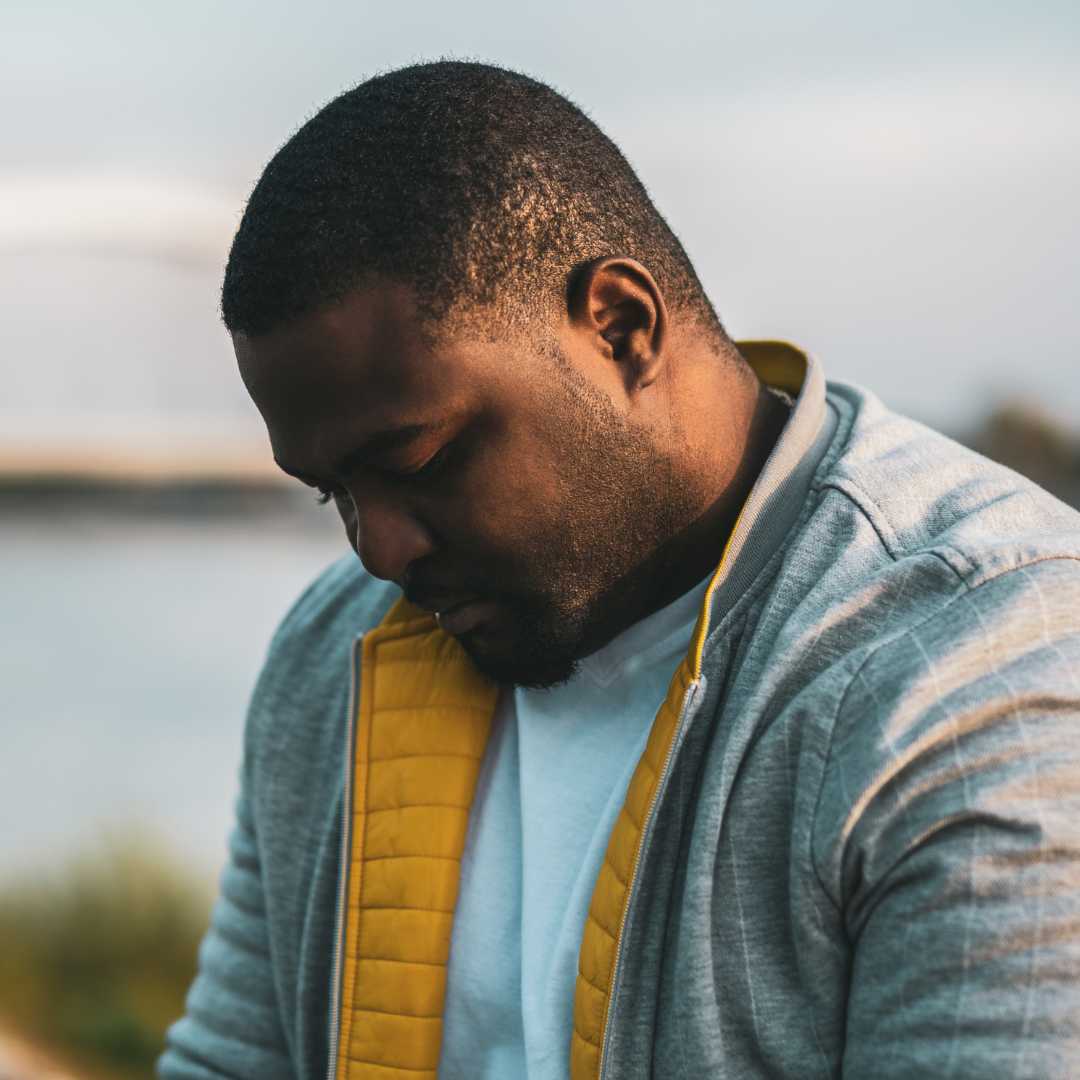



.png)


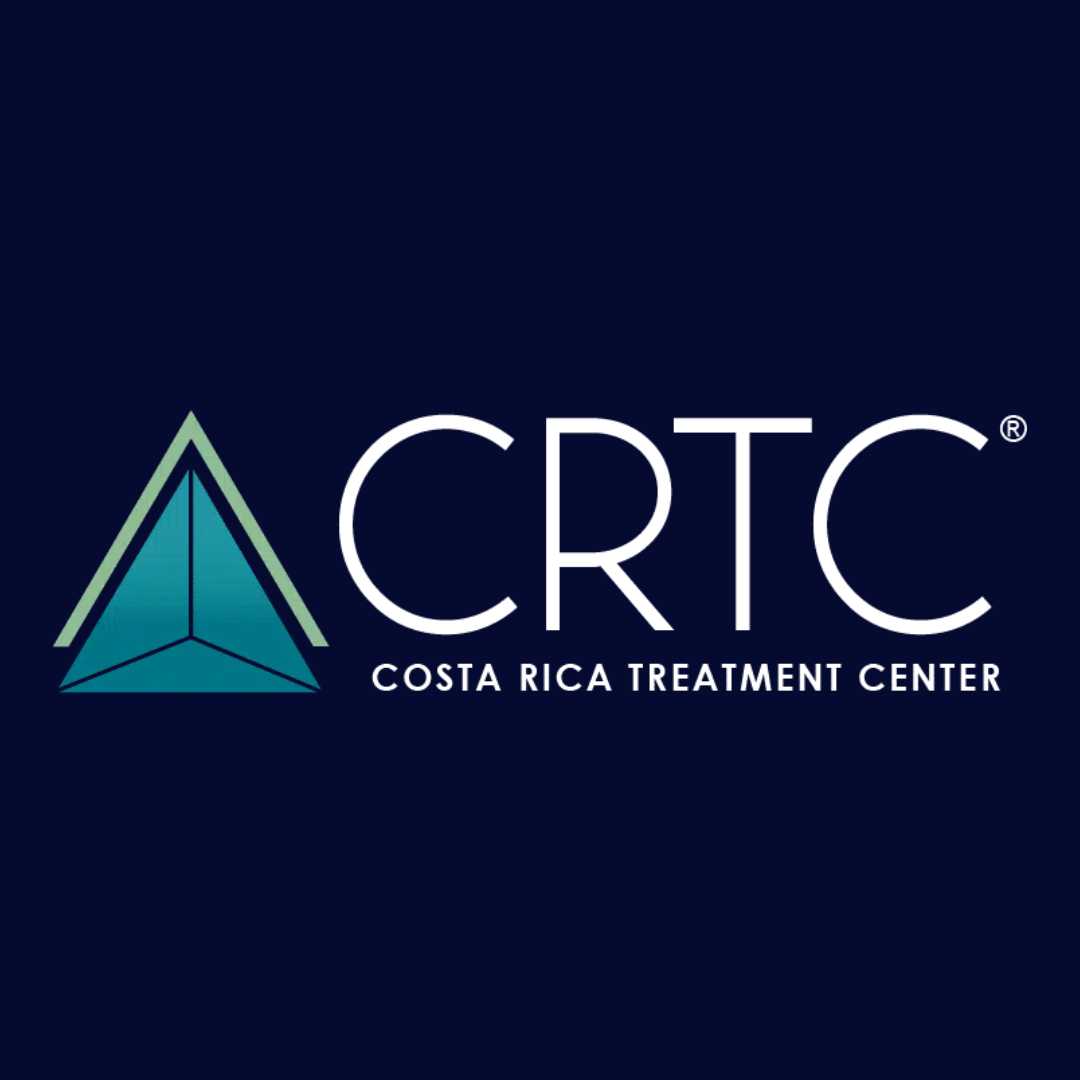
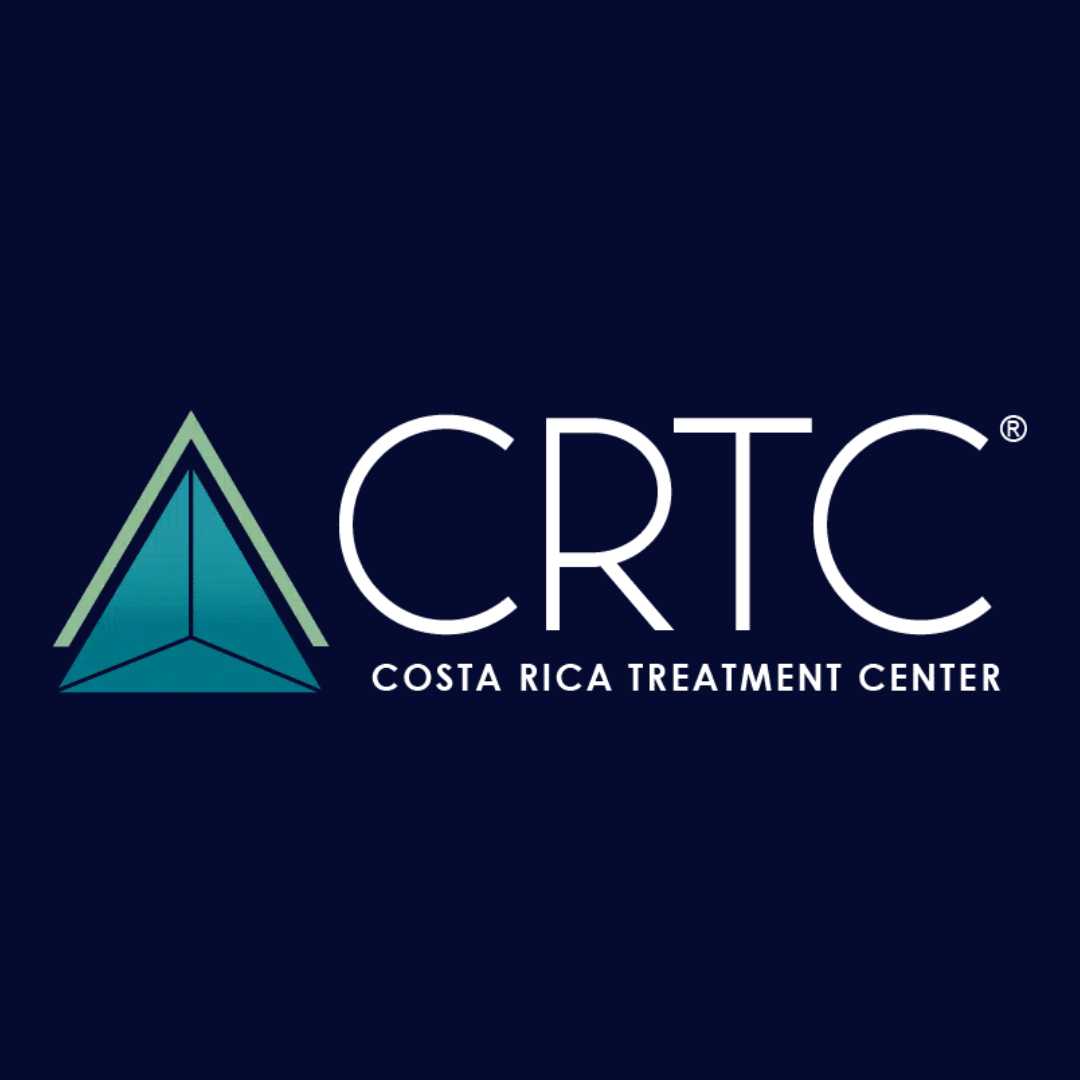
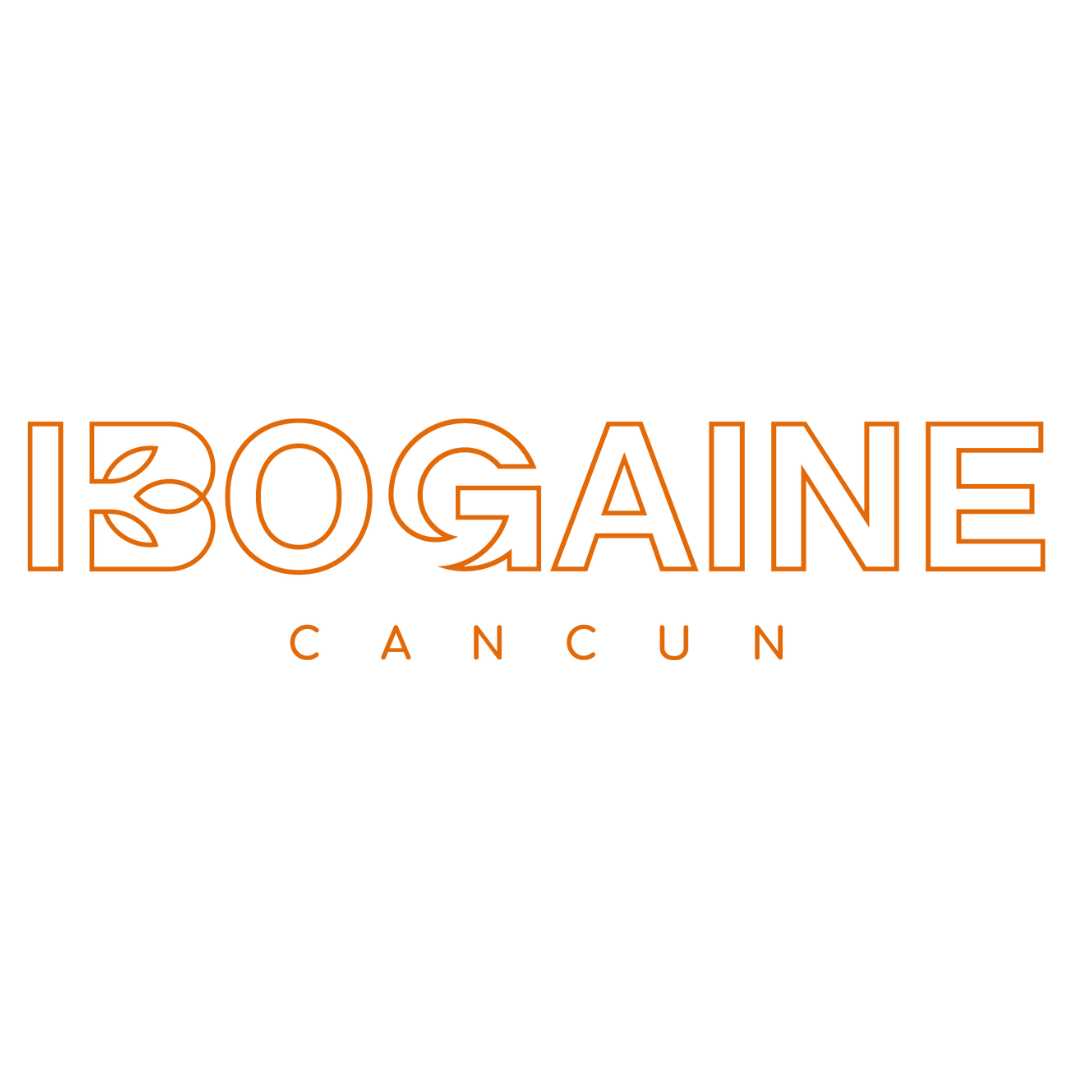
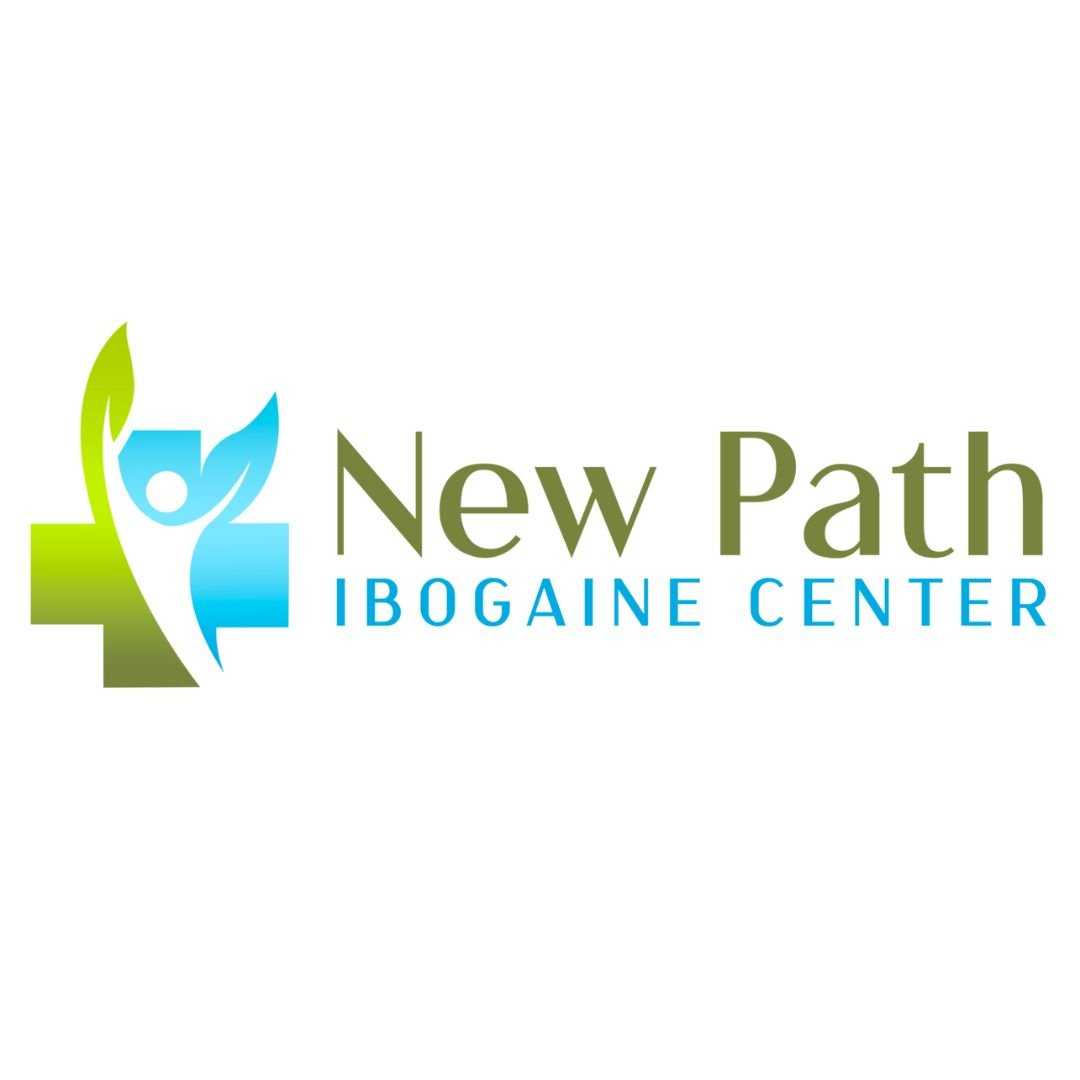

Share this listing